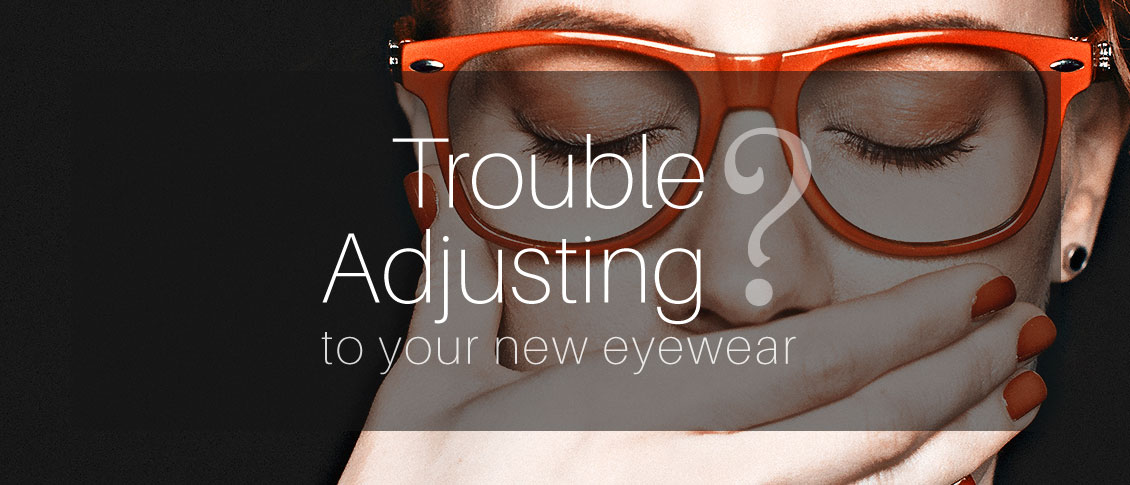
There is a common misconception that any adverse reaction to a drug is an allergy. That is definitely not the case.
Reporting to your doctors that you have an allergy to a medication when what you really had was a side effect could potentially...
Read more: Drug Allergy or Side Effect? Knowing the difference could save your life

Eye doctors typically pride themselves on being able to improve someone’s vision through either glasses or contact lens prescriptions. Whether it’s a first-time glasses wearer, or someone having either a small or large change in their...
Read more: Why am I having Difficulty Adjusting to My New Glasses?
Location & Hours
1724 W. Kearney St. Ste. 116
Springfield, MO 65803
Phone: (417) 865-4448
| Monday | 9:00 - 5:00 |
| Tuesday | 9:00 - 5:00 |
| Wednesday | 9:00 - 5:00 |
| Thursday | Closed |
| Friday | 9:00 - 5:00 |
| Saturday | By appointment only |
| Sunday | Closed |


